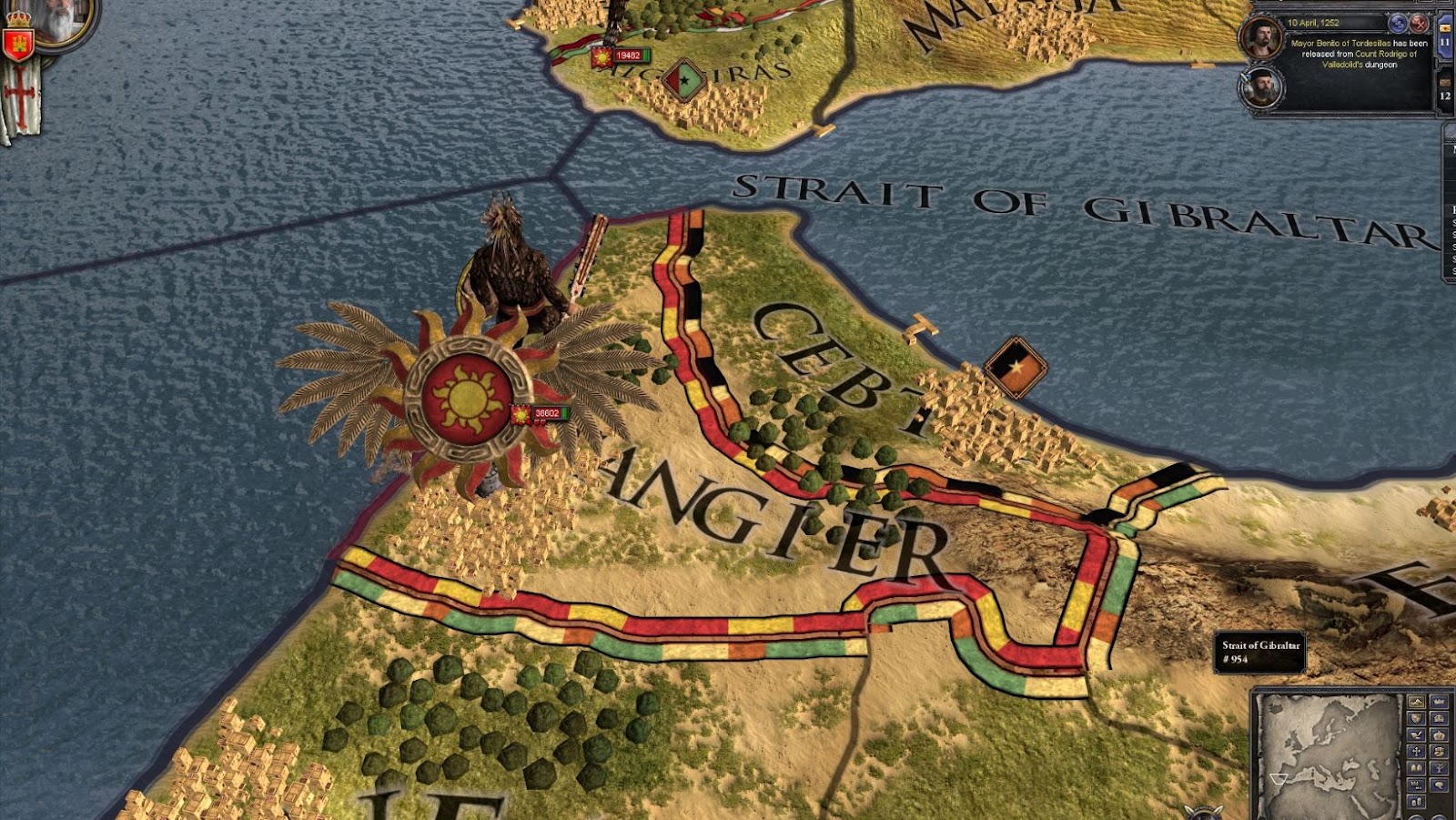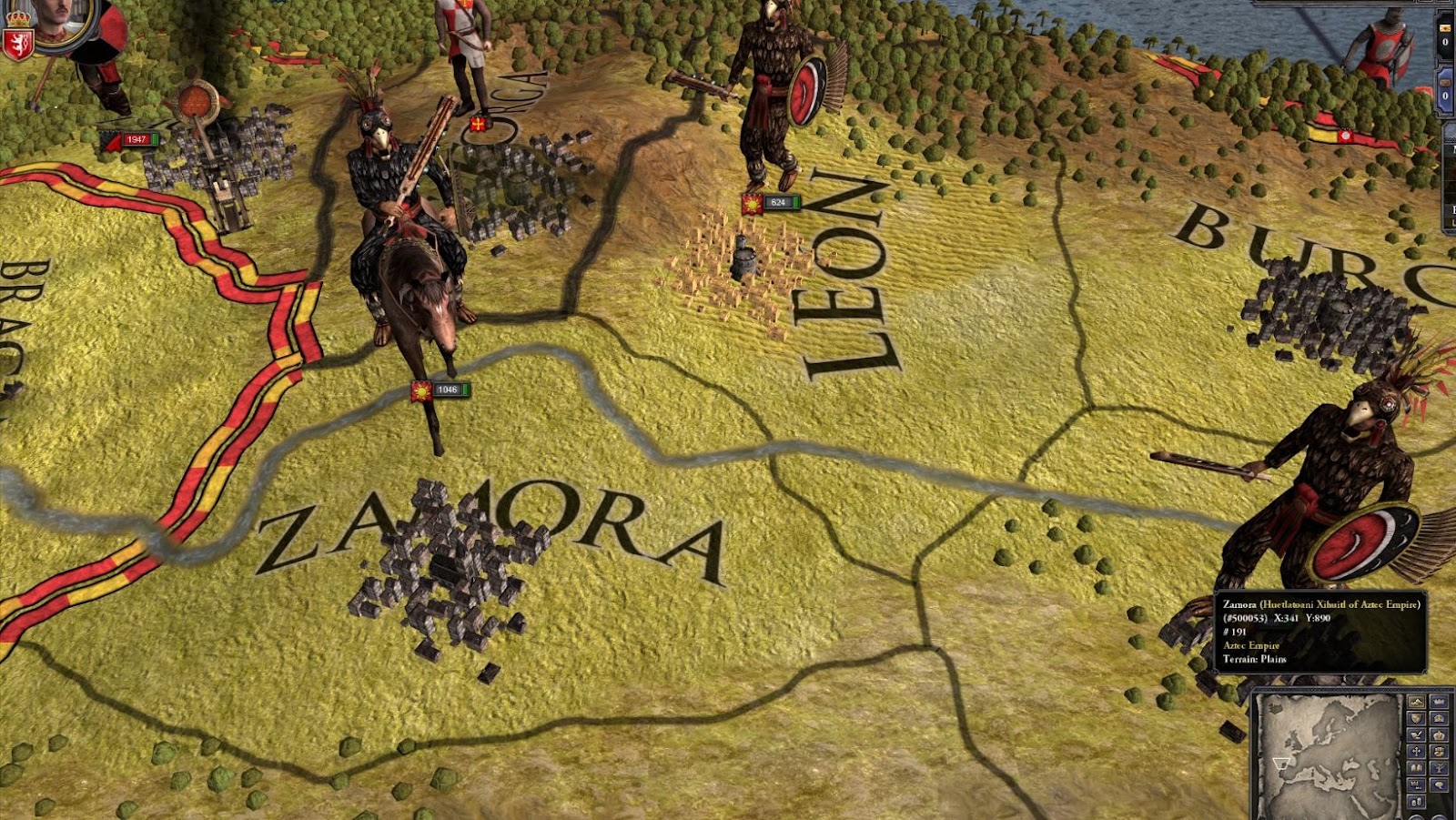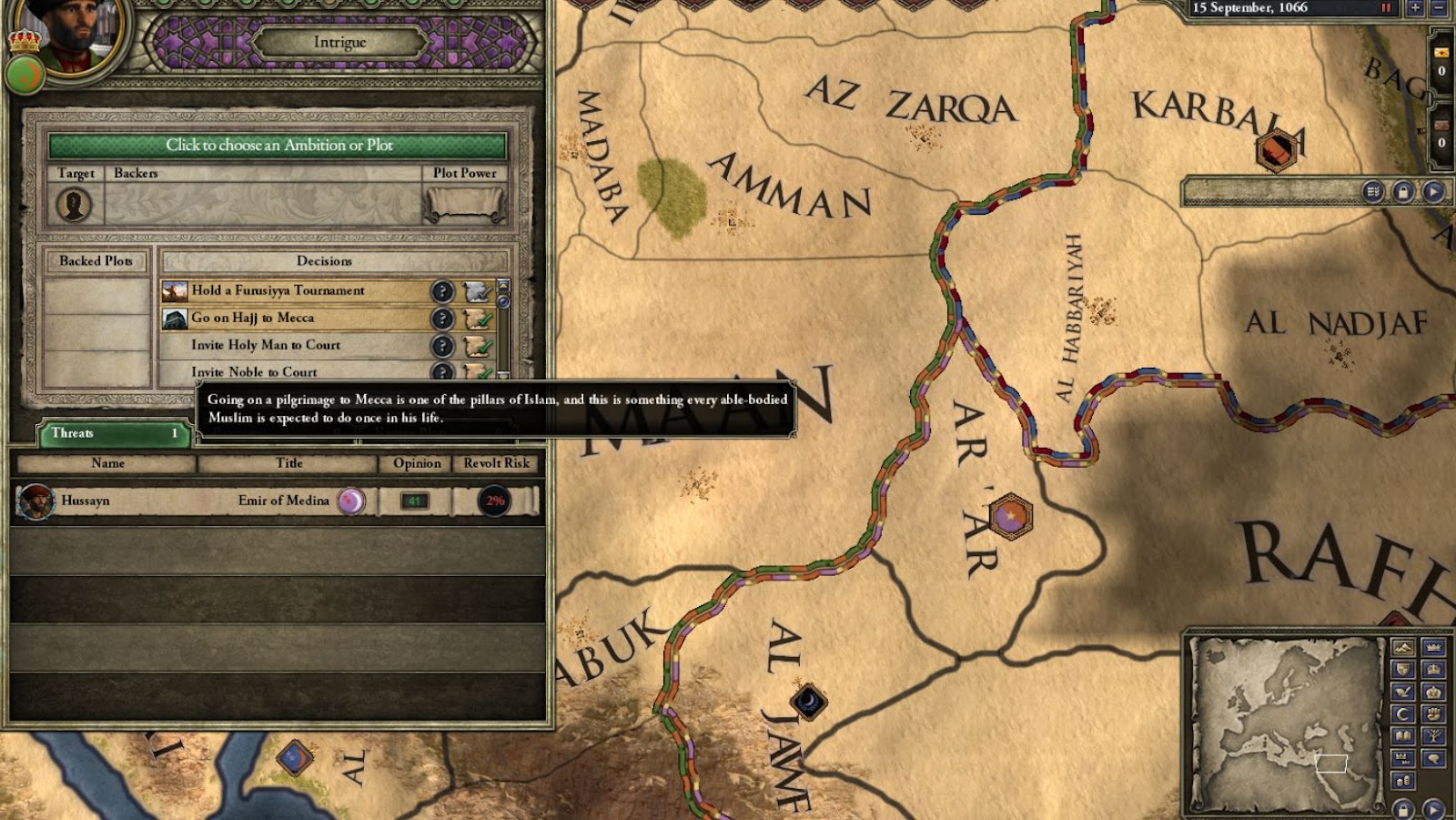
Crusader Kings 2 is a grand strategy game that offers an immersive experience. Play as kings, queens, dukes, or counts and make your dynasty great! There are DLC expansions that bring supernatural elements and rival religious factions. Every decision affects your reputation, dynasty’s legacy, and the realm’s stability.
The marriage mechanic of CK2 is key. It can bring political benefits, but also unexpected consequences. First, select your spouse carefully based on traits, skills, religion, culture, and potential title claims. Then, if a marriage fails, find another quickly!
Playing CK2 requires patience and strategy. It offers a dynamic world with no two playthroughs the same. With hundreds of playable characters from various realms; create stories of conquests, betrayals, love affairs, and triumphs.
Why Marriages Fail in Crusader Kings 2
To understand why marriages in Crusader Kings 2 fail, learn about the possible reasons such as incompatibility, infidelity, and death of a spouse. In this section, we explore the sub-sections to help you navigate these challenges and suggest possible solutions for your gameplay.
Incompatibility
Regarding the failure of unions in Crusader Kings 2, disharmony reigns supreme. Incompatible spouses can cause social turmoil, even rebellion. Therefore, players must pay attention to the personalities and traits of potential partners before arranging marriages. Moreover, different cultures or religions can lead to issues like uprisings or civil wars. Finally, even slight differences in economics and power can result in failed unions.
Successful marriages require consistency in rivalries and alliances. Couples with conflicting interests may be detrimental to each other and their allies. Charles VI of France is a classic example of a disastrous marriage. He wed Isabeau of Bavaria, but it was reportedly unhappy and produced little affection. This disrupted diplomacy between France and other nations, like England.
Infidelity
Marital Unfaithfulness is a common cause for marriages to fail in Crusader Kings 2. If there’s a lack of loyalty or intimacy, adultery can damage the marriage’s stability and happiness.
Characters who seek out extra-marital affairs must be careful to avoid detection. If caught, it could lead to serious consequences – like ruined relationships, ‘Adulterer’ traits, and even murder plots.
Plus, in-game events can present temptations for infidelity. For example, the wrong dialogue choice could spark passionate affairs, with terrible outcomes. So, players should watch their character’s actions closely to avoid such situations.
To have a successful marriage in Crusader Kings 2, try these suggestions:
- Make sure both spouses share interests and have high attraction levels.
- Give regular gifts to your spouse for increased favorability.
- Hold feasts or celebrations, creating strong family ties and new alliances.
In summary, Marital Infidelity has become an element in Crusader Kings 2. It adds complexity to medieval society dynamics. But, players must use caution when dealing with it – prevention is better than cure! And, if your spouse dies, it’s like the game tells you, ‘Sorry, you can’t have nice things.’
Death of a Spouse
Losing a partner in Crusader Kings 2 can have huge impacts. Your character’s traits, diplomatic relations and heirs can all be affected. This could cause marriages or alliances with other kingdoms. It’s not just personal – it can also influence your dynasty’s success. Be prepared: prioritize an heir and arrange marriages. Keep good relations with neighbours for backup. This proactive approach can help if things take a turn.
Robert I, Duke of Normandy, lost access to the English throne after his wife died in 1100 AD. As a result, he had no heir and weak alliances. This shows how important marriage is in medieval times.
Always say ‘yes, dear’ and murder any potential rivals. That’s the key to success in Crusader Kings 2!
How to Prevent Marriages From Failing in Crusader Kings 2
To prevent marriages from failing while playing Crusader Kings 2, you need to be strategic in choosing compatible spouses, avoiding affairs, and preparing for the death of a spouse. These sub-sections offer solutions to help maintain your character’s marital relationships and avoid any negative consequences that may lead to failure.
Choosing Compatible Spouses
Choosing a suitable partner in Crusader Kings 2 is key! Things like age, religion, culture, genetics and inheritance law are important to consider. In addition, knowing potential allies or enemies beforehand is important, as a wrong decision can lead to a decline in dynastic control.
In history, there are examples of royal marriages used as diplomatic tactics. For example, Queen Victoria used marriage to form alliances and ensure peace.
For success in Crusader Kings 2, selecting the right partner is essential. This will help build trust and achieve long-term goals. But remember: affairs can ruin your kingdom – what happens in the game, stays in the game!

Crusader Kings 2 How to Marry
To prevent infidelity in Crusader Kings 2, it is advisable to maintain high levels of diplomacy. Build positive relationships with your spouse and make them feel valued. Choose the ‘Family’ focus and take actions that strengthen familial bonds. Avoid activities that increase stress or dissatisfaction within the marriage. Address any issues and make compromises. Remember that marriages in Crusader Kings 2 are not only about romance – strategic alliances and politics often play a role. Consider this when arranging marriages for yourself or your children.
Pro Tip: Keep an eye on character traits and choose those that align with fidelity, such as Chaste or Family-Oriented. Prepare for the worst, hope for the best, and invest in life insurance.
Preparing for the Death of a Spouse
To prepare for a potential partner loss in Crusader Kings 2:
- Focus on securing succession.
- Produce heirs and choose an appropriate guardian.
- Make political alliances by marrying into higher status families and form non-aggression pacts with rulers nearby.
Multiple partners can boost the chances of producing heirs, but might cause negative opinion modifiers. Ensure both partners have positive traits, such as “patient” or “kind”. Consider lifestyle choices when choosing a partner, as similar lifestyles can bolster relationships. Religion can also have a great effect on marriage stability. Different religions may forbid certain marriages, leading to negative opinion modifiers or excommunication.
Historians say arranged marriages were usual in the medieval period. However, they were used for political gain, not love. Time to call the divorce lawyers…or just send your spouse to the nearest dungeon!
What To Do When a Marriage Fails in Crusader Kings 2
You need to know your options to handle a failed marriage in Crusader Kings 2. Fortunately, three sub-sections can help. Divorce, annulment, and assassination are the three solutions to the situation. Let’s explore these sub-sections and find out how they can solve the failed marriage in Crusader Kings 2.
Divorce
In Crusader Kings 2, Separation of Spouses is the dissolution of marriage. It can be done in several ways, e.g. divorce or annulment. It affects inheritance and relations between realms.
To obtain a Separation of Spouses, characters must be eligible, and a reason for the separation must be given. Reasons could be adultery or irreconcilable differences. Depending on the reason, costs and penalties may apply.
Separation can have consequences, such as weakening alliances and political relationships. To avoid these, plan ahead before getting a Separation of Spouses. To maintain a strong and stable realm, take necessary actions early on. And remember: annulment in Crusader Kings 2 is like saying ‘it’s not you, it’s me’ in the Middle Ages!
Annulment
When a marriage is not valid, it can be declared null and void. This is known as a declaration of nullity in Crusader Kings 2. It may happen if the couple is too closely related, if one of them already had a spouse, or for other reasons such as their religion not recognizing the union.
To request a declaration of nullity, click the spouse’s portrait and choose the “request divorce” option. After that, they need to present evidence supporting their annulment claim. The player has a better chance of success if there is sufficient proof.
Note: Obtaining an annulment can result in negative opinions from other characters in the game. Also, land inheritance and title revocation are possible, since an illegitimate heir can’t hold titles.
Pro Tip: To remarry quickly after a failed marriage without risks, use console commands to set the previous spouse as dead. Or, use seduction focus to secure a new husband/wife. Divorce is messy, but assassination is the cleanest way to end a marriage in Crusader Kings 2.
Assassination
Ending a marriage in Crusader Kings 2 can be done through “targeted elimination”. This can be achieved by poison, assassination, or military action. Assassination is a popular choice, as it eliminates the spouse with minimal political impact. Players can hire an assassin and choose “plot to kill”. But, this comes with risks. Failing or getting discovered could lead to bad reputation and political problems.
Before resorting to such extreme measures, consider alternatives. Bribe the spouse, or negotiate a peaceful divorce. Weigh the benefits and drawbacks before committing. Success in Crusader Kings 2 depends on making decisions under pressure. War or diplomatic relations – every move counts, so take well-calculated risks and explore all available avenues. Don’t miss the chance to raise your standing! Failed marriages can bring more drama than The Real Housewives.

Consequences of Failed Marriages in Crusader Kings 2
To deal with the aftermath of failed marriages in Crusader Kings 2, you need to consider the consequences such as negative effects on children, loss of alliances and territories, and damage to your reputation. In this section, we will explore the impact of failed marriages and provide solutions to these sub-sections.
Negative Effects on Children
Research shows that failed marriages in Crusader Kings 2 have detrimental effects on children’s mental and physical wellbeing. Anxiety, depression, and anger issues have been linked to such events. Also, forming healthy relationships with others can be a challenge. These negative effects can stay with a child into adulthood.
Inadequate parenting and disrupted family dynamics are another result of marriage failure. Parents may not provide enough guidance or emotional support, leaving children unable to cope with traumas encountered during gameplay.
Further, marriage failure has been around for centuries. King Henry VIII of England had multiple failed marriages, resulting in international disputes and changing history forever.
In conclusion, understanding the consequences of failed marriages in Crusader Kings 2 reveals how these actions can have a lasting effect on generations.
Loss of Alliances And Territories
Dissolving marriage in Crusader Kings 2 can be a risky move. It can cause strained relationships, reduced territory, lost alliances, and a damaged reputation. This can make it tricky to enter into new alliances or marriages in the future. Additionally, there may be disputes over custody of any children born from the union.
Of course, sometimes dissolutions can be beneficial. For example, King Richard I “the Lionheart” of England and Queen Berengaria of Navarre annulled their marriage, leading to France seizing control of Navarre’s territories. This shows that even seemingly harmless separations can have political repercussions.
The takeaway? When dynasty dramas start to become the talk of the town, it’s probably time to bring in a new PR team.
Damage to The Reputation of The Ruler
The ruler’s standing in society can take a hit if their matrimonial alliances are broken or if they frequently seek divorce. This can lead to public opinion turning negative and trust and support slipping away, making it difficult to keep peace.
Vassals and other rulers observe their conduct, particularly when it comes to marriage. Multiple divorces are seen as shameful and suggest poor judgement, or even immorality. If the failure continues, the ruler’s reputation could get even worse, leading to unexpected consequences.
Avoiding divorce or annulment isn’t enough. It’s important to select a spouse that fits the dynasty’s traits and position in the hierarchy, to open up new opportunities for allies and political connections. Marrying above or below their status quo has long-term implications, so this needs to be taken into consideration.
In medieval history, marriage was used as a way to forge alliances between kingdoms and dynasties. Popes and bishops would often intervene in royal marriages, with huge political implications.











